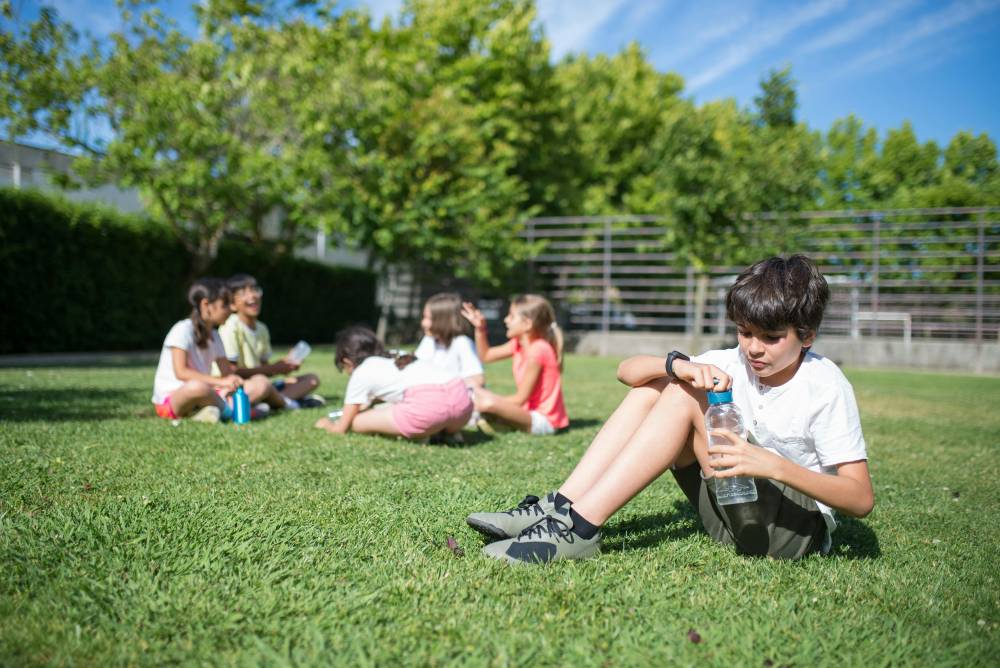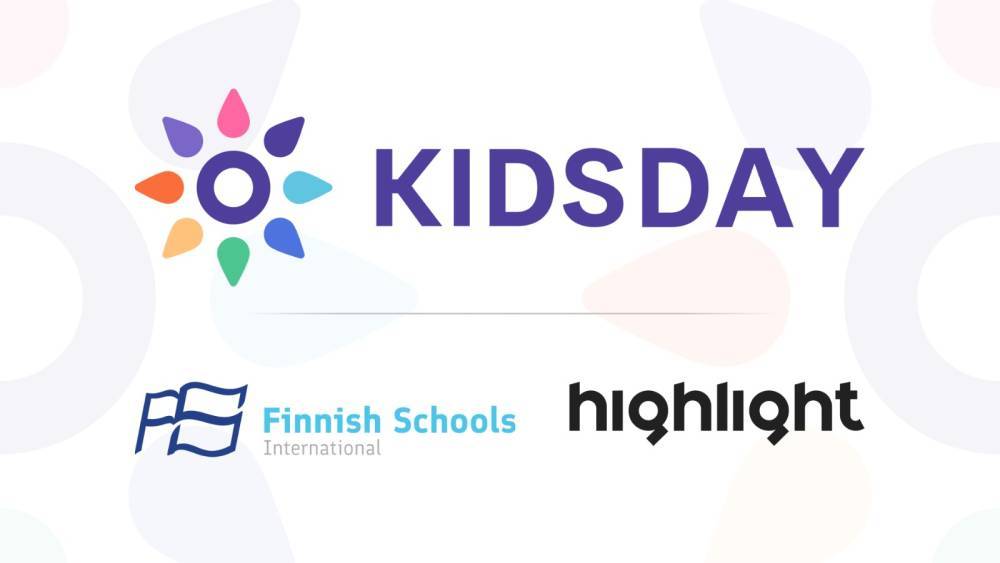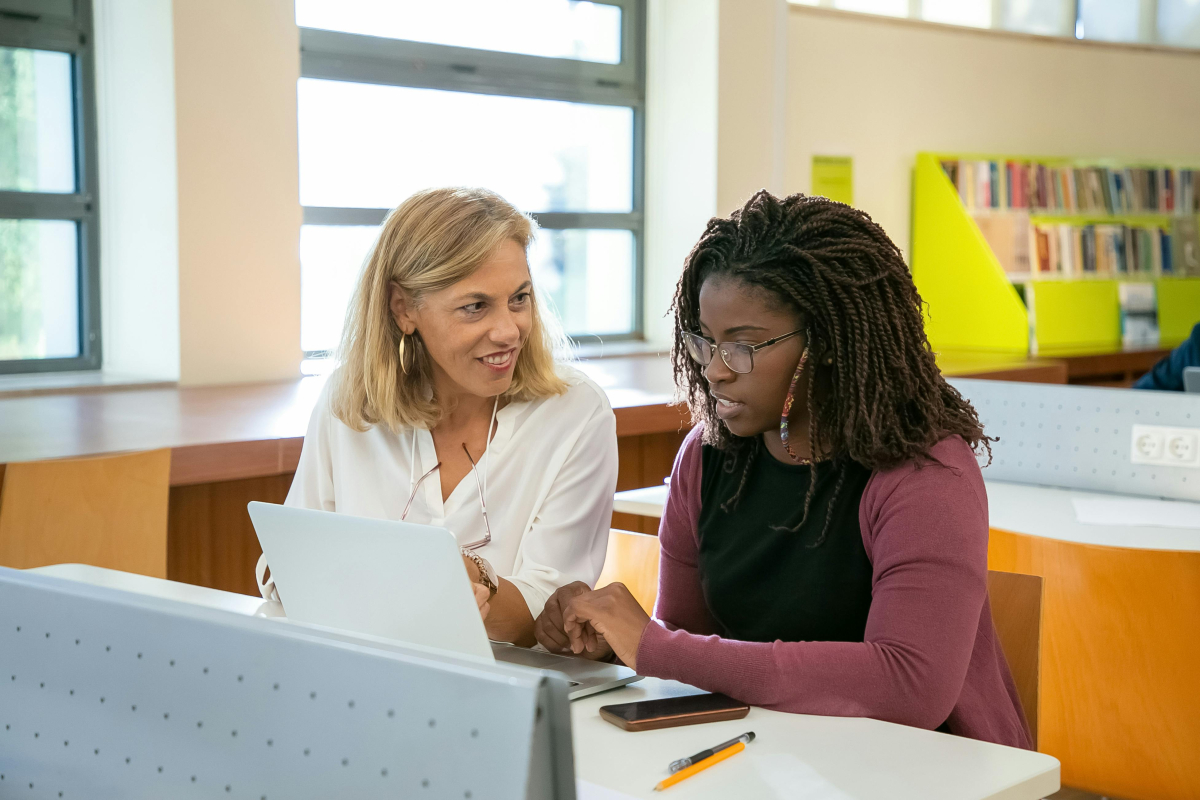In the bustling world of Kindergarten, where little minds are eager to absorb knowledge and explore the wonders around them, a simple yet crucial element often takes center stage: water. The importance of proper hydration extends far beyond just quenching thirst; it plays a pivotal role in enhancing cognitive function and supporting optimal learning abilities in young children. In this blog, we delve into the fascinating connection between hydration and cognitive performance, backed by compelling studies and research.
Here are some tips to encourage water consumption among kindergarten students:
Make Water Accessible:
Ensure that clean and safe drinking water is readily available in the classroom. Consider having water dispensers or designated water stations that are easily accessible to children.
Use Colorful and Engaging Water Bottles:
Provide each child with a colorful and appealing water bottle. Personalized bottles can create a sense of ownership and make drinking water more enjoyable for the kids.
Implement Scheduled Water Breaks:
Incorporate regular water breaks into the daily schedule. This helps establish a routine and ensures that children have dedicated times for hydration without disrupting classroom activities.
Turn Water Breaks into Fun Activities:
Make water breaks more engaging by incorporating fun activities. For example, you can play a quick water-related game, have a short dance break, or sing a hydration song to make the experience enjoyable.
Educate About the Importance of Water:
Integrate water education into the curriculum. Use age-appropriate materials, such as stories or simple experiments, to teach children about the importance of staying hydrated for their health and well-being.
Create a Hydration Chart:
Develop a visual hydration chart where children can mark each time they finish their water bottle. This can serve as a positive reinforcement tool and make the act of drinking water a visible and rewarding experience.
Lead by Example:
Model healthy hydration habits by drinking water in front of the children. Children often mimic the behavior of adults, so seeing their educators prioritize hydration can influence their own choices.
Seamless Communication with Parents:
Introduce the groundbreaking reporting feature in kidsday that allows educators to report on children's hydration directly to parents.
Highlight the benefits of transparent communication and how it reinforces the shared responsibility between educators and parents.








